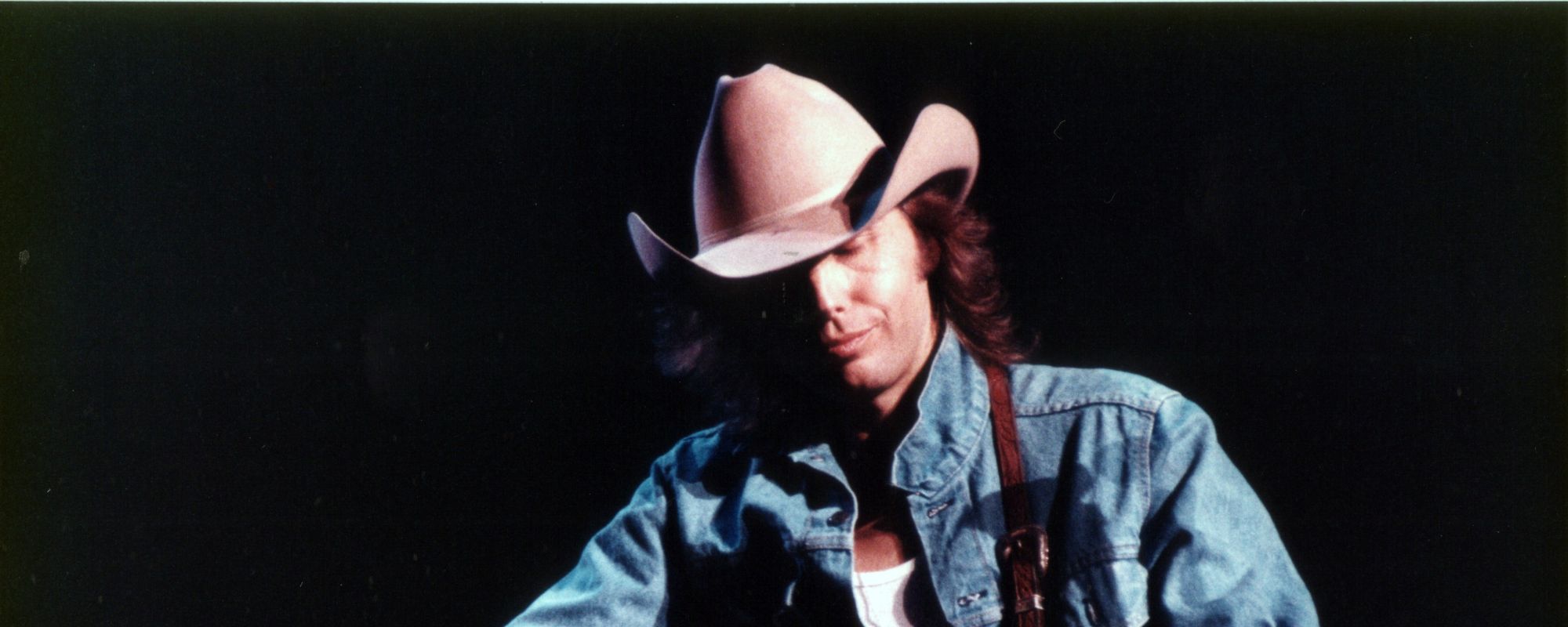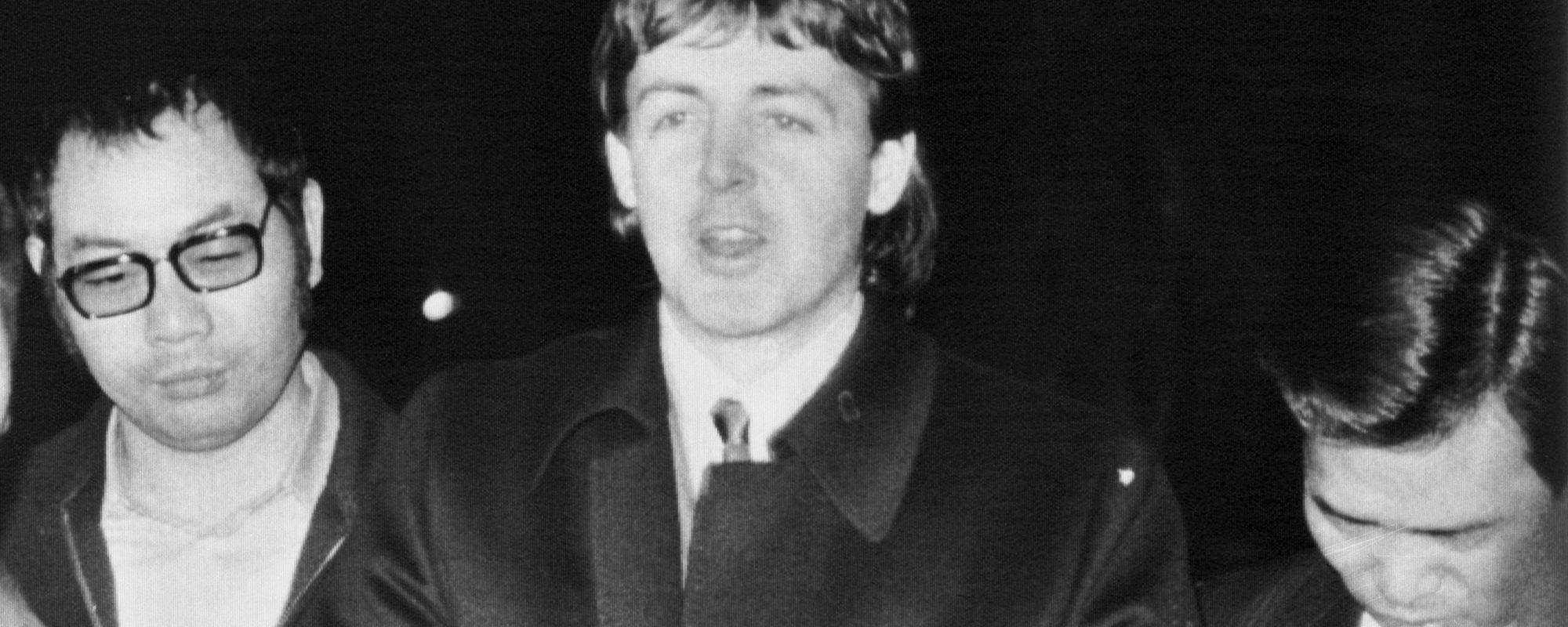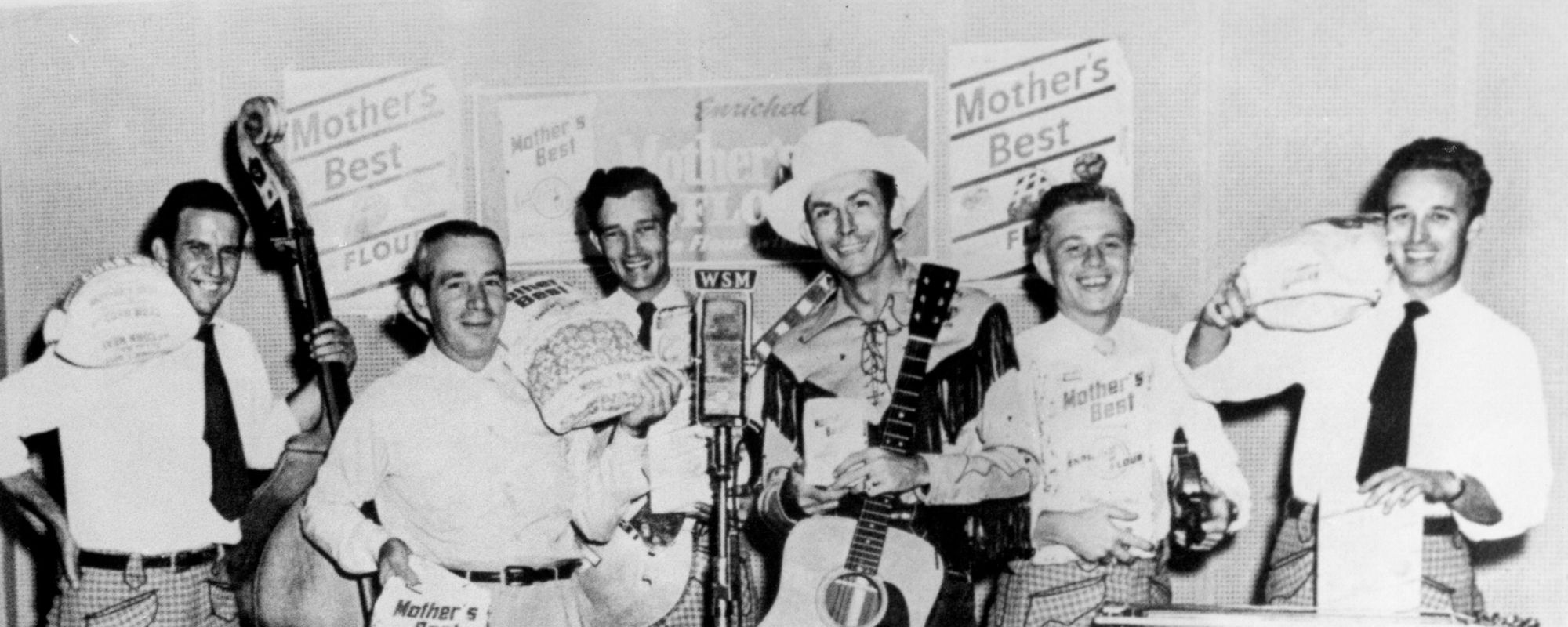The music industry can make quick work of turning a passionate artist into an embittered, road-worn, and washed-up version of their former self—something to which George Young, the invisible force behind AC/DC, almost fell victim. Fortunately, George had several brothers (notably, Angus and Malcolm) who were pursuing music as well, which gave him ample opportunity to continue in the business without suffering any more bruising to his ego. Not that he had much to hang his head about.
Videos by American Songwriter
Young established what would become one of Australia’s first original rock bands, The Easybeats, in the mid-1960s. With their unique sound and sharp attire, the band quickly gained popularity throughout Sydney and the surrounding area. Soon, they became the pride of Australia. But the power of the American and British rock ‘n’ rollers would prove too great to beat. By the end of the decade, a series of unsuccessful releases and a fracturing of their creative vision led to the band’s inevitable breakup.
Following The Easybeats’ split, Young continued to work as one-half of the songwriting and production duo Vanda & Young. (His partner was Harry Vanda, another Easybeats member.) It was under this moniker that Young first began helping his younger brothers, Angus and Malcolm, with their burgeoning rock band, AC/DC. Young wasn’t just a producer. He was a mentor, an advocate, and a seasoned industry vet who could use his experiences—both good and bad—as guideposts for the young band.
George Young, the Invisible Force Behind the Earliest AC/DC Albums
Angus and Malcolm Young first formed AC/DC in Sydney in 1973. Off stage and behind the scenes, the Youngs’ older brother, George Young, played a pivotal role in the production process of their earliest albums, starting with the band’s Australian debut, High Voltage, in 1975. He co-produced the next five albums: T.N.T., High Voltage (the international version), Dirty Deeds Done Dirt Cheap, Let There Be Rock, and Powerage. Even after George stepped aside so that the band could find new management and direction, he continued to work with his brothers on some late 1980s songs, music videos, and the band’s 2000 album, Stiff Upper Lip.
George had something his little brothers didn’t have yet: experience. And while the downfall of The Easybeats could have embittered George and made him hesitant to stay in the industry, he used it as motivation to help AC/DC avoid the same pitfalls that overtook his Australian rock band. “In many ways, AC/DC was his revenge,” biographer Clinton B. Walker wrote in Highway to Hell. “AC/DC would achieve what The Easybeats couldn’t—control of their own destiny and sustained success. It was George, so much more than merely a co-producer of the band, who honed the band’s sound and songs into a coherent, commercially viable entity.”
George Young was also the man responsible for suggesting the band include bagpipes on “It’s a Long Way to the Top (If You Wanna Rock ‘n’ Roll)”, which became one of the defining parts of the iconic classic rock track. Young retired from the music business in the late 1990s. He died at 70 years old in Singapore on October 22, 2017, leaving behind an invisible but oft-heard legacy in the rock ‘n’ roll realm.
Photo by Jeff Hochberg/Getty Images










Leave a Reply
Only members can comment. Become a member. Already a member? Log in.